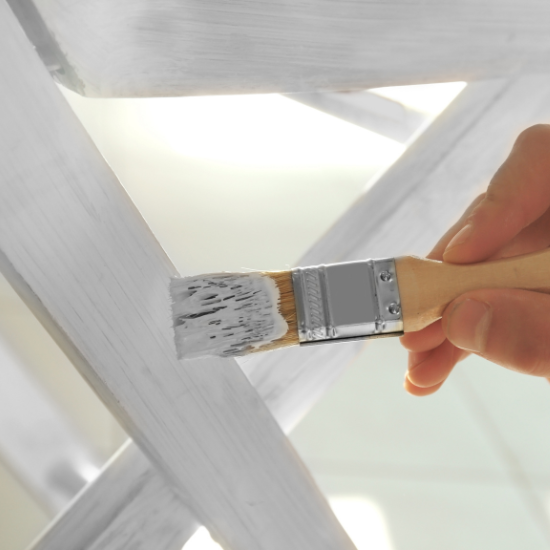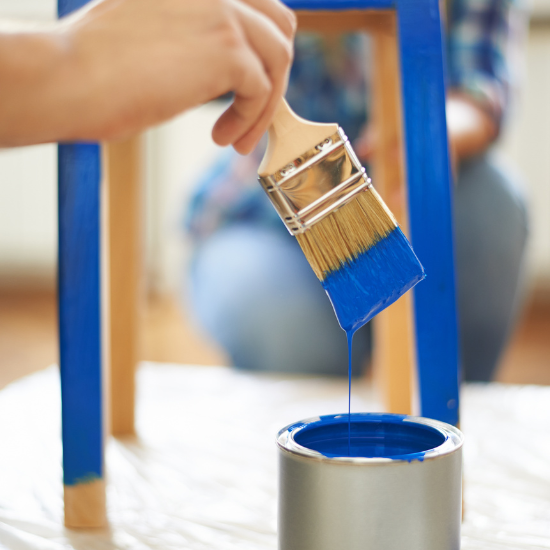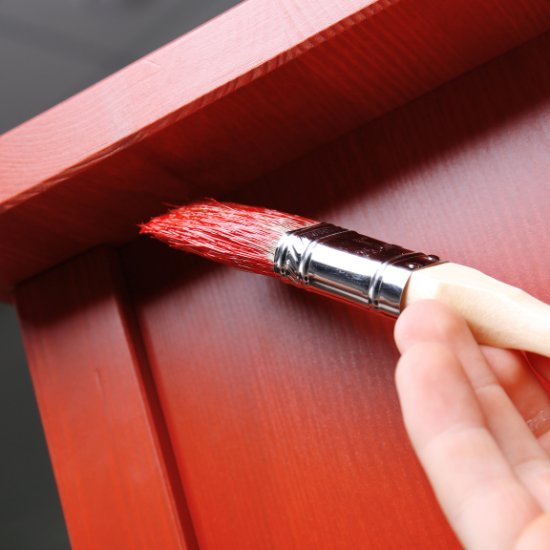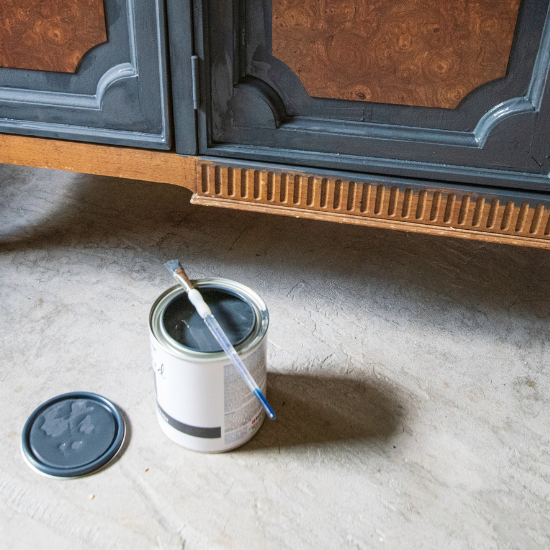Running a furniture flipping business takes more than just a good eye for style and some paint—it requires structure. Without simple, repeatable systems in place, even the most passionate flippers can burn out or stall. Whether you’re just starting or trying to grow your side hustle into a full-time business, these simple systems for a successful furniture flipping business will help you stay productive, profitable, and organized.
10 Simple Systems for a Successful Furniture Flipping Business:
1. Weekly Project Planning System for a Successful Furniture Flipping Business
A weekly planning system helps you break down each flip into manageable steps. Map out what needs to happen each day—cleaning, repairs, painting, staging—so you’re never overwhelmed or stuck wondering what to do next. Consistency comes from planning.

2. Inventory Management System for a Successful Furniture Flipping Business
Keep a digital or physical list of your most-used supplies: paint colors, hardware, brushes, sandpaper grits, and tools. This system prevents overbuying and ensures you’re never missing a key item mid-project.
3. Sourcing System for a Successful Furniture Flipping Business
Schedule specific days or blocks of time for sourcing furniture from thrift stores, online marketplaces, or yard sales. This prevents aimless scrolling or last-minute scrambling and helps you build a steady project pipeline.

4. Pricing System for a Successful Furniture Flipping Business
Use a simple pricing formula based on the piece’s cost, materials, time invested, and local market trends. A system for pricing helps you stay profitable and confident in what your work is worth.
5. Photography & Listing System for a Successful Furniture Flipping Business
Create a routine for staging, photographing, and writing listings. Use consistent lighting, background, and templates for descriptions to save time and create a professional brand look.

6. Social Media Content Systems for a Successful Furniture Flipping Business
Batch your content and schedule posts ahead of time. This keeps your marketing consistent without becoming a full-time job in itself.
7. Financial Tracking Systems for a Successful Furniture Flipping Business
Keep a spreadsheet (or use accounting software) to track every purchase, sale, supply cost, and time spent. This is key for understanding profit margins and preparing for tax season.
8. Research Systems for a Successful Furniture Flipping Business
Research to learn about styles, trends, and pricing in your area and where you decided to sell (online, locally, etc.). This system helps you source smarter and flip with more confidence.
9. Communication Systems for a Successful Furniture Flipping Business
Whether it’s with custom clients or buyers, create templates that outline your process, timelines, care instructions, and pickup details. Clear communication saves time and sets expectations.

10. Workspace Organization System for a Successful Furniture Flipping Business
Divide your workspace into zones: sanding, painting, drying, staging, and storage. This simple system keeps your process flowing and helps you avoid clutter and chaos.
Final Thoughts on Systems for a Successful Furniture Flipping Business
Having systems in place is what transforms flipping from a hobby to a thriving, repeatable business. When you’re organized, focused, and consistent, everything runs more smoothly—and you make more profit with less stress.
If you’re ready to get serious about building a business that runs efficiently and pays you back, my Furniture Flipping Academy was designed to walk you through everything—from mindset and sourcing to pricing, marketing, and exact flipping systems like these.
👉 Click here to learn more about the Furniture Flipping Academy.
Head over to my YouTube channel HERE to see more furniture flipping tips in real time. Make sure to SUBSCRIBE when you are there! I am launching new videos every week!
PIN THIS POST!

If you found this post helpful, you will also love these:
Essential Starter Supply Kits For Furniture Flipping

